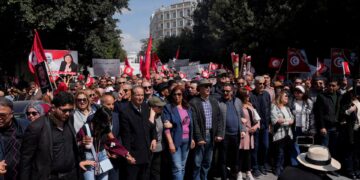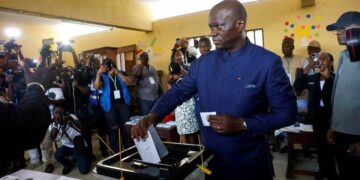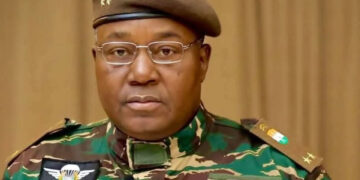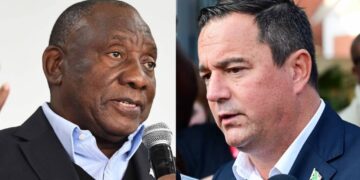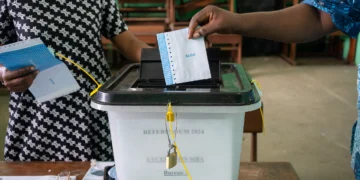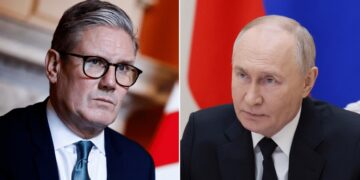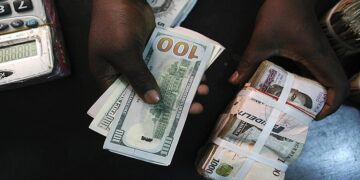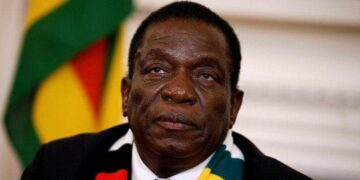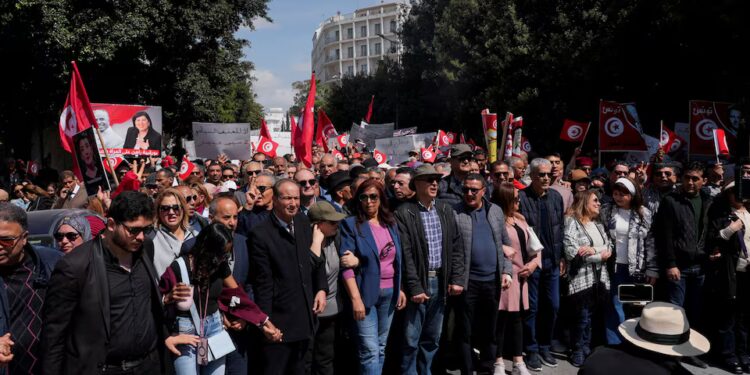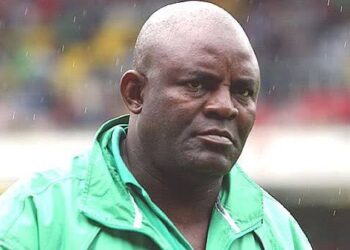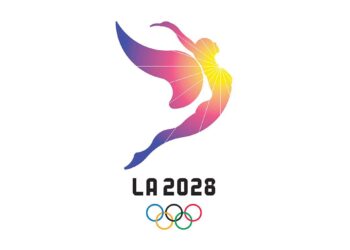By Enyichukwu Enemanna
Hundreds of Tunisians on Wednesday staged protests against the prolonged detention of opposition figures in the country, accusing President Kais Saied of “authoritarian rule”.
The protesters at two major locations demanded the immediate release of all political prisoners, as six of the detainees have embarked on a hunger strike to protest their incarceration, their lawyers said on Wednesday.
In the North African country’s capital, Tunis, supporters of the opposition Free Constitutional Party gathered to demand the release of their detained leader, Abir Moussi.
They chanted slogans such as “Saied, dictator, your turn has come” and “Free Abir”.
“What is happening is true tyranny, no freedom for the opposition, no freedom for the media. Any word can send you to prison,” Reuters quoted one protester, Hayat Ayari, as saying.
Saied, who took power in 2021, has been accused of muzzling dissenting voices and making efforts to establish one-man rule, an allegation he denies.
He had dissolved the elected parliament and moved to rule by decree before asserting authority over a key arm of government — the judiciary. The opposition described his move as a coup.
Also in Tunis, hundreds of supporters of another opposition party, the Salvation Front, staged a separate rally, demanding the release of detained politicians, activists, and journalists.
Abdelhamid Jelassi, Jawhar Ben Mbarek, Khiyam Turki, Ridha Belhaj, Issam Chebbi, and Ghazi Chaouachi are the detained opposition leaders who have announced a hunger strike.
They have been arrested and detained since 2023 during a crackdown on the opposition and have refused to participate in what they say is an “unfair trial”.
The detained opposition figures are “traitors and terrorists”, Saied said in 2023. He also claimed that judges who acquitted them were their accomplices.
The detainees have denied any wrongdoing and have said they were preparing an initiative aimed at uniting Tunisia’s fragmented opposition.
Most leaders of political parties are now in prison, including two of Saied’s most prominent opponents, Moussi and Rached Ghannouchi, the head of the Ennahda party.
The government says there is democracy in Tunisia, and Saied insists he will not be a dictator, but maintains that what he calls a corrupt elite must be held accountable.
